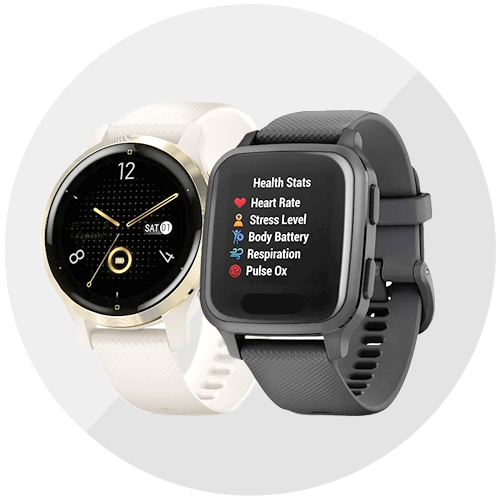
Your phone rings and displays an unknown number. You hesitate to answer, unsure whether it’s an important call from someone you know or just a telemarketer or scammer trying to trick you. Sound familiar?
This is what many Filipinos face these days. Sadly, some have lost their jobs and savings because of these scams. What’s worse is that scammers keep finding new ways to trick people.

This is what Whoscall aims to solve. This app identifies unknown numbers, blocks spam calls, and scans suspicious URLs from messages to provide comprehensive mobile protection. The good news? Whoscall is now available in the country.
The app’s anti-fraud features let you make informed decisions about whether to answer or ignore calls and messages. You can also report suspicious numbers using the app.
“As fraud became more apparent during and after the pandemic, we saw how Filipinos have suffered losses from scams, much like in other countries where we have launched Whoscall, such as Thailand, Malaysia, and Japan. This reality ignited our drive to create a comprehensive life protection platform accessible to every Filipino across the nation,” said Manwoo Joo, Chief Operating Officer of Gogolook, the company behind Whoscall.
Powered by AI and data-driven technology, Whoscall boasts the largest database in East Asia and Southeast Asia of over 2.6 billion entries to detect unknown callers, spam and scam calls and texts, and potentially harmful URLs.
Whoscall is available to download for free on Google Play Store and the Apple App Store. Currently, there are two kinds of subscription plans on Whoscall:
- Basic plan (free): unknown caller ID, search numbers, URL scanner
- Premum plan (starts at $1.99/mo.): unknown caller ID, search numbers, URL scanner, auto-update number, ad-free



















.jpg)




